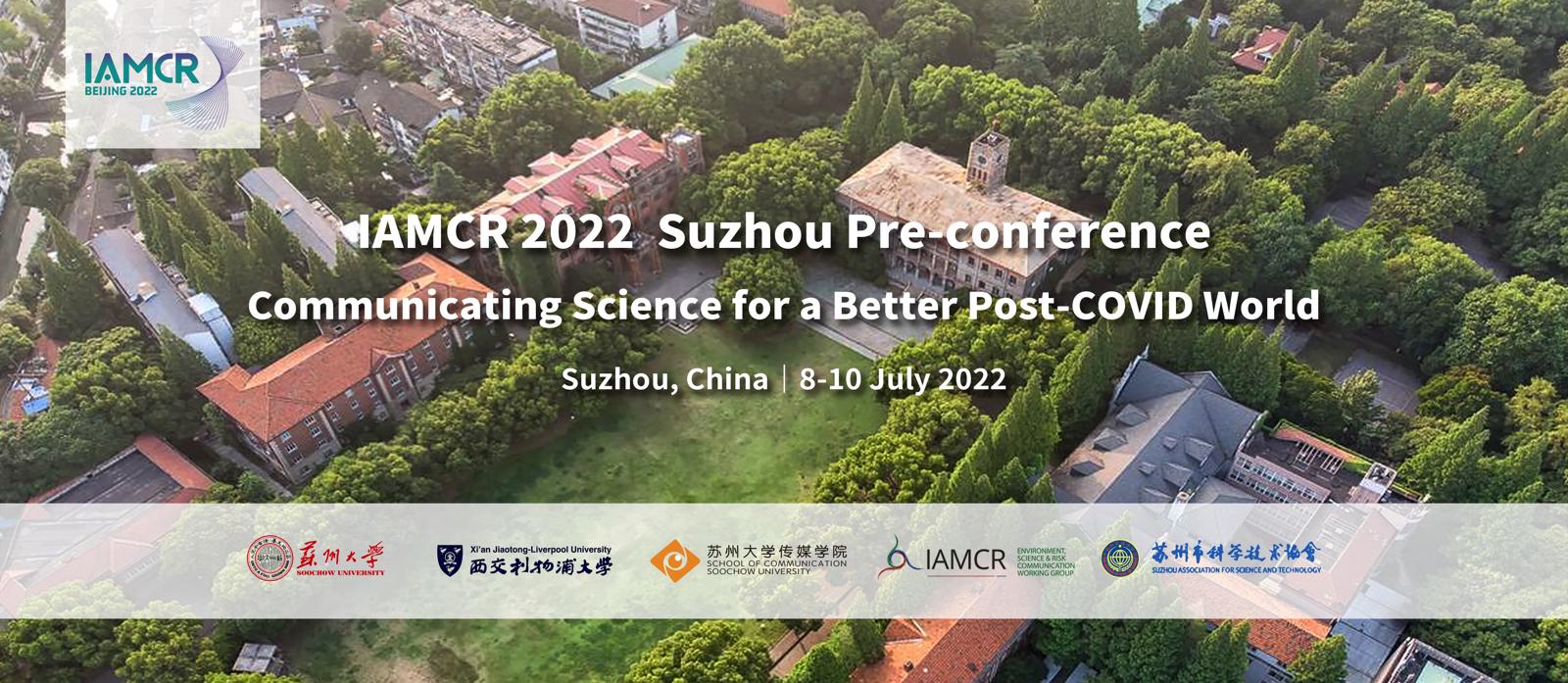Purpose- The purpose of this paper is to provide a comparative analysis of how top companies in East Asia communicate climate science, using China, Japan and South Korea as representative countries.
Design/methodology/approach- The English version of the non-financial report of the top 15 companies in China, Japan and South Korea in the Global 500 list for 2020-2021 was selected as the sample for this study. A combination of keyword count and quantitative content analysis is used to measure corporate communication about climate science in east Asia. Meanwhile, the entire report was read and the sections relevant to climate science were extracted for qualitative textual analysis. Inter-group and intra-group comparisons of the report and relevant passages, and back and forth between research literature and data, produced the theoretical recommendations presented in the analysis section.
Findings- The analysis of keywords about climate science (climate change, greenhouse gas/GHG, global warming, carbon) shows that the most frequently reported keyword by corporations in East Asia is carbon, with an average of 52, and the least reported keyword is “global warming”, with an average of 3. The Kruskal-Wallis test revealed a significant difference in the number of reports on the three keywords of climate science (climate change, greenhouse gas/GHG, global warming) by top corporations in China, Japan, and South Korea (p<0.001). Most corporations mention or explicitly agree with scientific consensus on climate change and most corporations identifies material or physical impact of climate change, but few acknowledge the human or social impacts.
South Korea based corporations generally do more reporting about climate science compared to Japanese and Chinese corporations. In terms of different countries, the importance/gravity/challenge of climate change is most frequently reported by China while there is less mention of science-based collaborative climate governance. Japan has more reports on observed or future patterns of global temperatures. South Korea made more references to science-based targeting initiatives.
Practical implications- For communication managers, this research can help them make comparisons among peers and companies in the same region to inform strategic corporate communication decisions. At the same time, focusing on the dissemination of information on public issues such as climate science can better communicate with stakeholders to optimize corporate public relations.
Social implications- Asia is increasingly emerging and gradually starting to move from the periphery of the world to the center of the world stage. East Asia has also become one of the most dynamic regions in the world in terms of economic growth and is becoming a powerful engine of world economic development. Companies in East Asia play an important role in this and understanding how they communicate climate science has important implications for organizational communication on public issues and strategic communication.
Originality/value- Based on the earlier study, this paper conducts a further cross-sectional study to expand the study area and focus the perspective on three countries in East Asia (China, Japan and South Korea).
Research limitations- This research only examined the top corporations in East Asia and did not make a cross-sectional comparison with the world average. There is a further need for more longitudinal analysis to understand how organizations communicate about scientific issues to its stakeholders.

 京公网安备 11010802039275号
京公网安备 11010802039275号